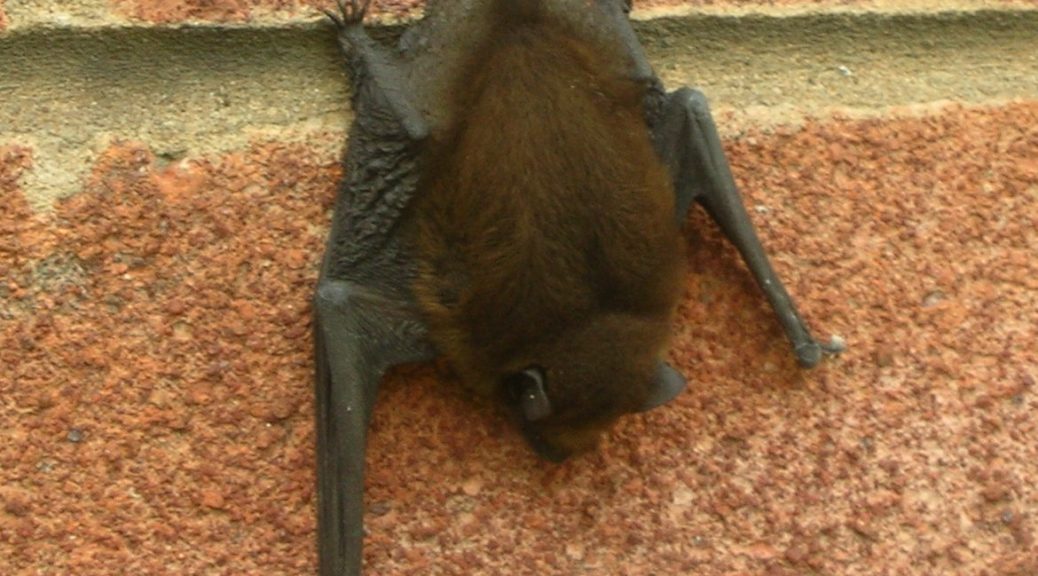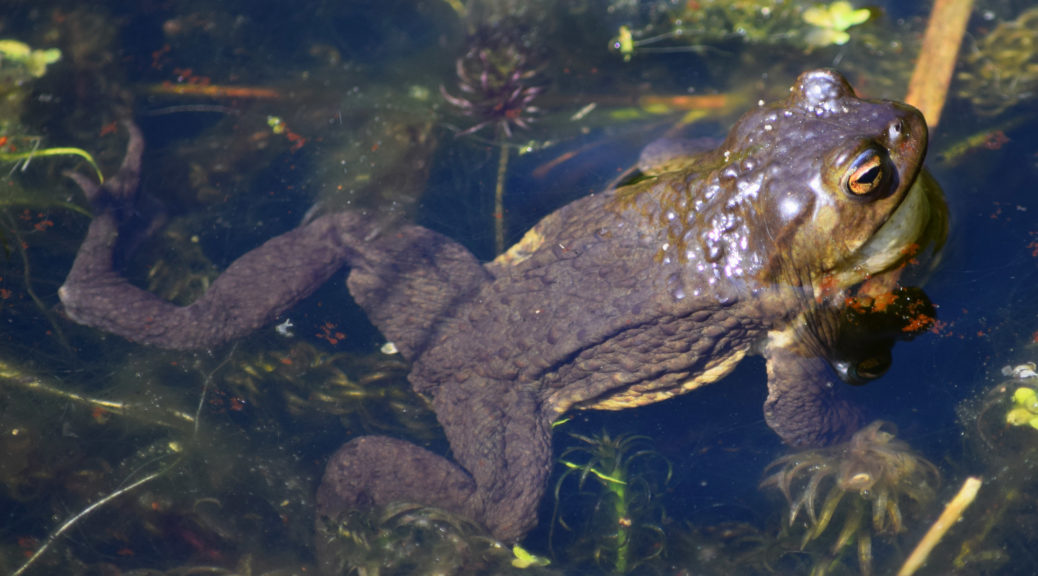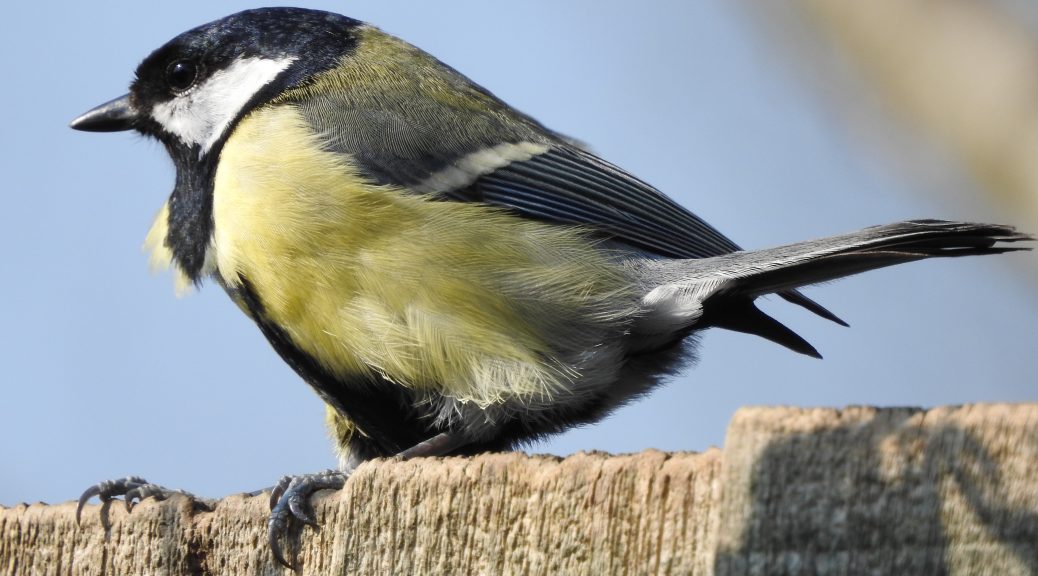The BBC report property developers who deliberately demolished a house containing protected bats have been fined £18,000.
Jenna Kara, 29, and Tina Kara, 34, directors of Landrose Developments Ltd, started tearing down the bungalow in Stanmore, north-west London, in 2016.
The company pleaded guilty at Willesden Magistrates’ Court to damaging or destroying the breeding site.
The court heard the developers had pressed ahead with the demolition despite an expert reporting the site was home to soprano pipistrelle bats – a protected species in the UK and Europe.
Photo by Michelle Stiller under creative commons



